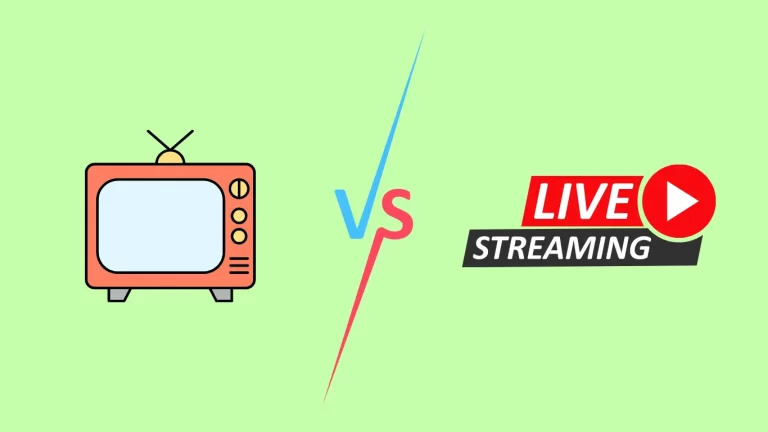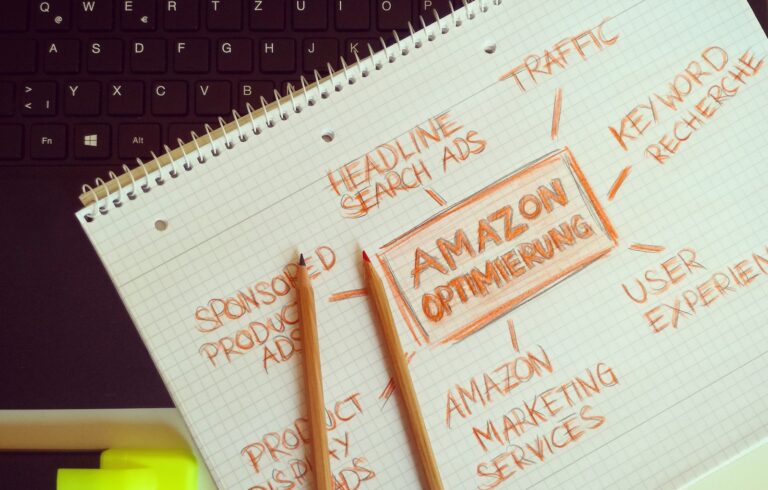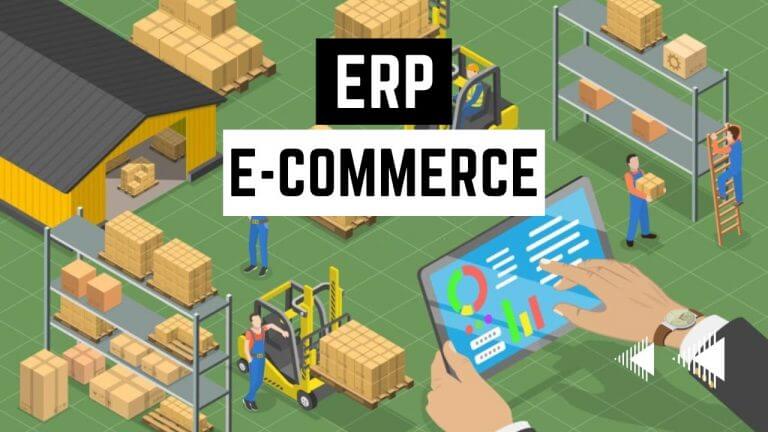On-Premise Vs Cloud: Which One To Choose?

Whether you own a business or are planning to establish a startup, you will need a server or software to store data, assist you in networking and provide you IT services. For these requirements, you must go with either cloud or on-premise software.
During the year, cloud computing gained many enterprise owners’ attention, and 64% of American entrepreneurs have been to the cloud from on-premise. However, many small and giant enterprises still rely on premises.
In this article, we will discuss cloud computing and on-premise in detail, making it easier for you to choose the one.
What is on-premise?

On-premises or on-prem refers to installing hardware to run multiple software, networking, storage, and other IT-related functions in-house.
Since individual entities purchase it, there is no third-party involvement. You will also have to arrange hardware and servers. It will require maintenance, updating software, and some chips need to be changed timely.
Check Importance of Data Science: 6 Things You Should Know.
Advantages of on-premise
Many organizations are still using on-premises because of its various benefits. A few advantages of on-prem are as follows;
1. High data security
On-premise is used by only the company that purchased it. Therefore, no external software can access your data. Hence, it will not compromise security.
2. Internet independent
The probability of power breakdown is always a threat to losing data. While using on-premise, you will not have to worry about this as it can also work without the internet.
3. Cost-effective
On-prem can work offline as well. You will not have to pay a huge bill for high-speed internet.
What is a cloud?

Cloud computing is a server that has overtaken on-premises during the past 2 years. It offers the same facilities as on-prem, like data storage, networking and access to other software.
Cloud computing system offers three services;
Check Shutterstock VS Adobe Stock.
Advantages of the cloud
Considering its various pros, many enterprises find it suitable to shift to it. Some benefits of the cloud are given below;
1. High speed
Cloud computing runs fast. Your time will be well-spent on software updates as the organization providing you with this will update itself.
2. Reduce the need for hardware
Since all the software runs on the company which provides you with cloud services, you won’t need extra hardware at your company.
3. Cost-effective
Hardware which can run different servers is expensive. Cloud computing can save money as you don’t need any hardware.
How to do cloud file sharing?
Cloud file sharing has revolutionized the business. It came up with the simplest method to share data files. You can easily share files by just sending a link to that particular document.
Cloud share gives the option to the sender to set the default setting and set their privacy standards. You can set whether only an authorized person or anyone who clicks can access the shared files.
Difference between on-premise and cloud
Only some corporate offices are stuck with on-premise, but the majority are switching to the cloud due to the difference in operations between the two. However, it also depends on the priority of the business owner.
The differences are as follows;
1. Cloud is cheaper than on-premises
One of the differences, which is also a drawback of on-prem, is the installation of hardware which will run the software. This hardware is expensive and requires maintenance; chips need to be changed, and software needs to be updated.
On the other hand, cloud computing is free of these issues. You only have to pay the supplier on a monthly or annual basis. You will not require to install any expensive hardware.
2. Cloud depends on the internet, whereas on-premises doesn’t
On-premises can work without the internet, whereas cloud computing requires high-speed internet. In case of a power breakdown, when the internet stops, you may lose access to data while using the cloud.
Companies using cloud computing pay a heavy amount for high-speed internet. However, the total cost remains less than the hardware maintenance required on the premises.
3. Cloud has high speed than on-premises
One of the reasons why big businesses prefer the cloud is its speed. It is faster and more agile than on-premises. A cloud can perform all the operations with just one click.
On-prem also works faster. But many premises users complain of speed problems. These problems can occur for several reasons, like issues with hardware or poor quality hardware. Delay software update also causes speed-related issues.
4. Cloud is more secure On-premises:
Cloud provides data encryption and reliable identification features. It makes cloud computing more secure than on-prem. According to Gartner, in 2025, the cloud would make no drawbacks on security issues. Somehow, if any failure happens, it will be because of a failure in data handling.
Onprem, are more prone to hacking despite being a personal in-house software. Hackers can easily access your data by sending fake emails or messages.
5. Cloud offers Saas (software as a service)
Saas is a unique operation of cloud computing. It makes the cloud more reliable and enhances its scalability. Software as a service is the full form of Saas. It means that you should now forget about the hassle of installing software. Cloud has made easy access to many software.
Saas is mainly a cloud-based operation. Therefore, Onprem offers no such services. It is another reason why IT experts prioritise the cloud over on-premises software.
6. Om-prem makes you your own boss
Since you are the only owner of it, you can make your decisions about the infrastructure, software updates, and maintenance issues.
However, the cloud is owned by someone else. Hence you will be unable to take responsibility and make decisions about it.
Final verdict
There are many aspects from which we compared cloud computing and on-premises software in this article. Factors like pricing, Saas operation and scalability make the cloud a better choice.
On the other hand, features like data being in-house and offline data accessibility of an enterprise make on-premises a good option.
The final decision of which software you have picked should be decided by the IT expert team based on your priorities.






